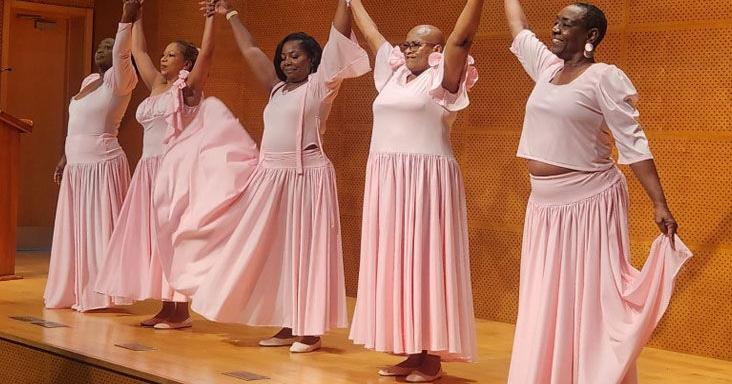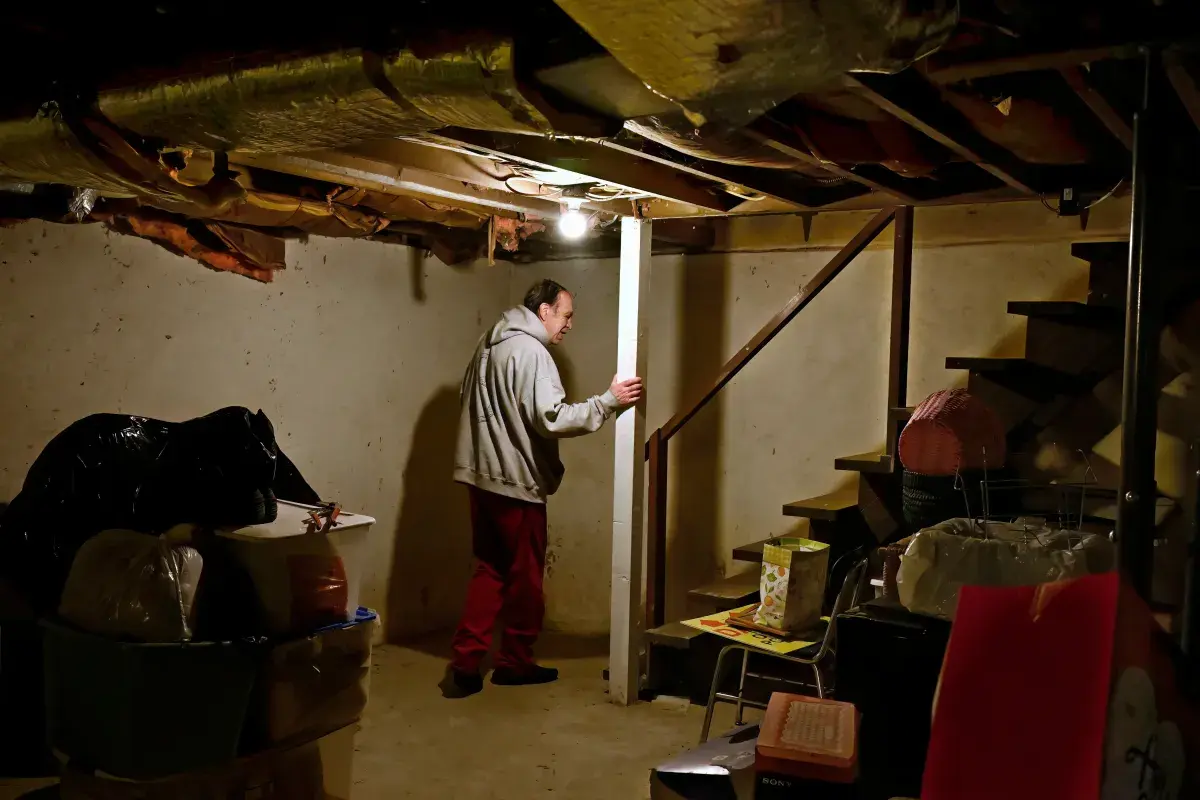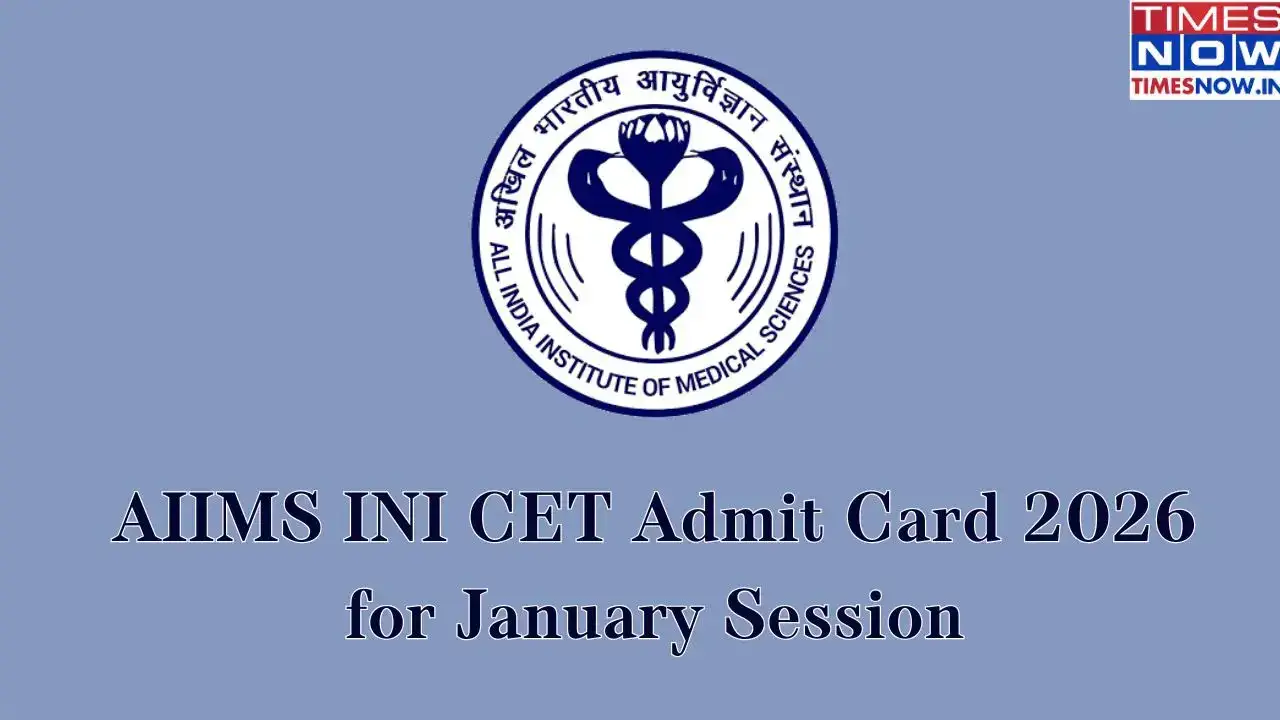Copyright trinidadexpress

Breast cancer survivors called on those with the disease to avoid hiding diagnosis and receive the support needed to fight breast cancer. The survivors spoke last week during a breast cancer awareness seminar hosted by the Southern Academy for the Performing Arts (SAPA). They also addressed the benefits of early detection, second opinions, and having insurance plans. Arlene Simon, a breast cancer survivor for 11 years and founder and manager of the Class is Class, explained that the event was born two years after she was diagnosed. Her event brings together healthcare professionals who provide information on the disease. She encouraged others, “Don’t keep it a secret, a lot of people don’t like to divulge, but cancer is not a death sentence. Persons can survive this disease and live a long life. It is not a doom and gloom affair. It is cancer, but we can beat this. We can fight it, we can rock it, and we can shake it and this is what we are going to do,” she said. Claudette Stewart, who found out she had stage two breast cancer when she sought a second opinion after a doctor told her she had a cyst, underwent surgery and six cycles of chemotherapy. Insurance is key She encouraged people not to be afraid of chemotherapy as, in her case, she neither threw up nor lost her hair, and was able to go to work. The 13-year breast cancer survivor, who had reconstructive surgery following the removal of both her breasts, said that early detection saves lives and called on those diagnosed with cancer to speak out. “Don’t keep it a secret. Most people I know, diagnosed with breast cancer after me and was keeping it a secret, they are not here with us today,” she said. Susan Romano spoke of the importance that insurance played after her diagnosis. Romano, who is in the insurance industry, felt a lump while in the shower, and through her insurance plan she had surgery to remove both breasts, reconstructive surgery and chemotherapy. “Insurance is an important part of any plan, it gives you choice,” she said. She also said that cancer is not a death sentence and encouraged those who have been diagnosed, “Do not be afraid to let people know, don’t suffer quietly … Don’t be afraid to share your journey with others so that they too know that life after being diagnosed is possible.” Arlene Griffith-Lyons, also a breast cancer survivor for 13 years, spoke of having the burden of keeping a woman’s cancer diagnosis from her daughter and family members. She was also warned by a doctor that she could not divulge the information. She said the woman’s family hated her (Griffith-Lyons) when they found out after the woman died. She advised that the journey cannot be faced alone. She also said that a person has to be at peace and there has to be emotional, mental, physical and spiritual care. In her presentation on preventative screening and the signs, clinic manager and oncology nurse at the Trinidad and Tobago Cancer Society, Sherma Mills Serrette, outlined some warning signs of breast cancer as pain, nipple discharge and inverted nipples, dimpling of the breast, discolouration and changes to the texture of the skin. She also said that change in the texture of the skin is another sign. She also reiterated the importance of speaking up following a cancer diagnosis as she said that family members will be able to have their medical checks done. She also addressed the importance of support, positivity, nutrition and exercise and of doing breast self-examinations. Deputy chairman of SAPA board of directors, Tara Lalgee, shared that she lost her maternal grandmother to cancer. While she gave daunting breast cancer statistics from the World Health Organisation and the International Agency of Research, she said that there is hope, including in the form of SAPA’s inaugural event which was themed ‘Early Detection Saves Lives: Knowledge Hope and Action’. October is observed globally as Breast Cancer Awareness Month.



